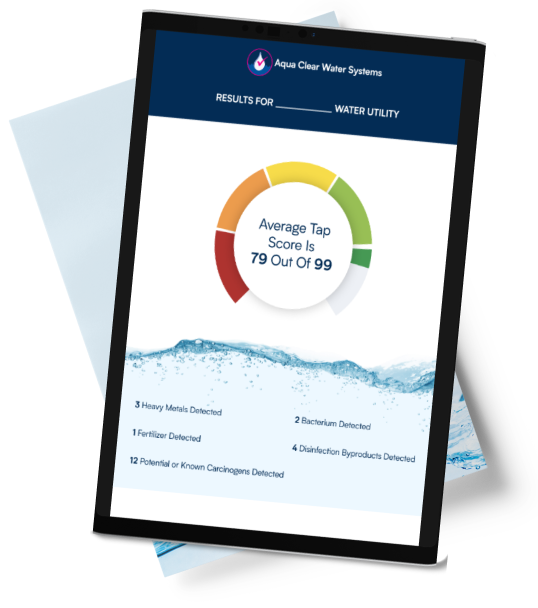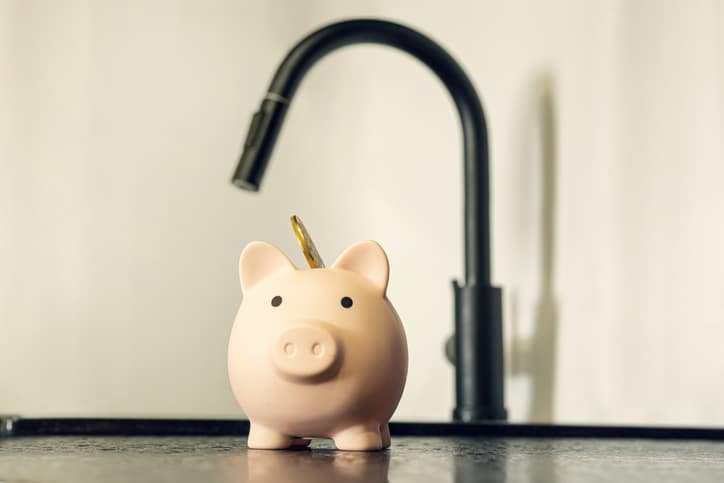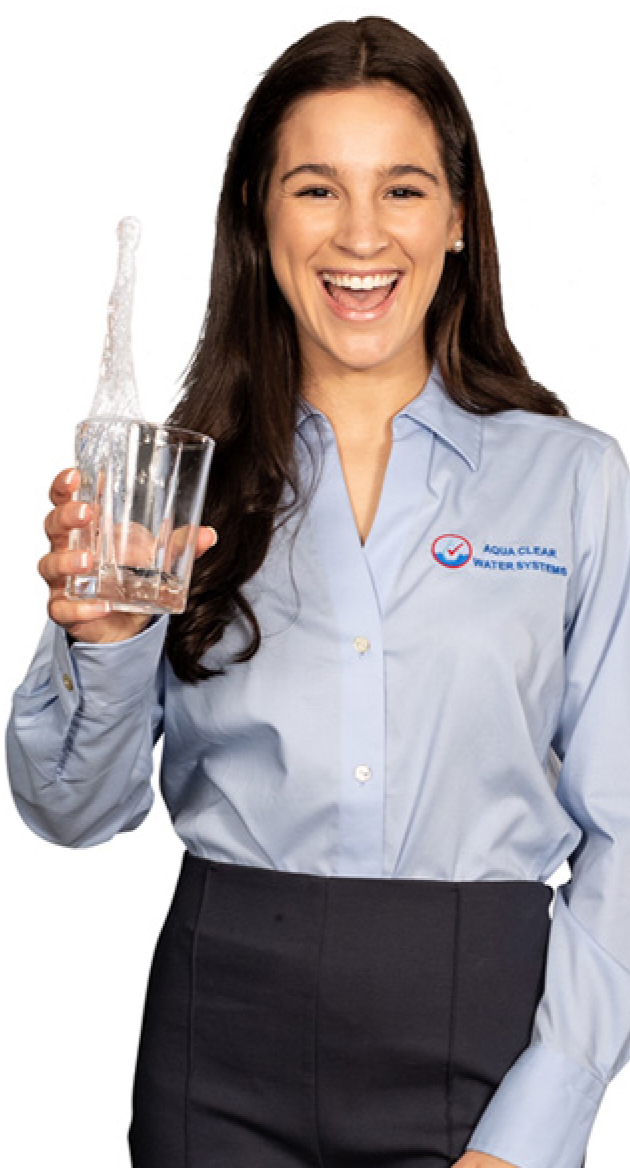Hard water occurs in areas where calcium and magnesium are present in rocks since these minerals get into the water supply and cause the hardness. This results in limescale build-up that is a source of annoyance and sometimes inconvenience, as well as causing hard water damage.
Limescale causes unsightly scum to form in sinks, baths, and showers and spotting on dishes and glasses. It means washing and laundry aren’t as effective and can lead to limp hair and dry skin. It also, however, has financial implications that can be very significant in the long-term
What is Considered Hard Water?
Water hardness is measured either in terms of grains per gallon, with soft water measured at 0-3 gpg, or as parts per million at 0-51 ppm. Recommended water hardness is any measure within these levels while a higher reading indicates that water softening is necessary to counteract the negative effects.
Determining ‘what is the domestic use of hard water?’ will indicate the type of water softener you need. A point-of-use system will provide soft water at a single outlet for drinking and cooking while a whole house system will soften all the water you use.
What are the Disadvantages of Using Hard Water for Household Purposes?
What are the impacts of hard water?’ is a serious question because, financially, the impacts can be severe:
- Soap and detergents don’t lather well so you and your clothes won’t be as clean. To overcome this, you need to use more soap and detergent, and generally have to wash clothes at a higher temperature, which all costs money.
- Limescale clogs up both pipes meaning water flow is reduced, and appliances so they work less efficiently. This eventually leads to expensive repair and replacement bills.
- The build-up of limescale in appliances means they don’t work as well so you have to run them harder to have the same effect. This means you’ll use more electricity when washing clothes and dishes.
What are the Industrial Effects of Hard Water?
Hard water can also have a significant effect on industry because limescale clogs up pipes and equipment in the same way as for residential water users. The build-up of limescale in equipment will cause a gradual reduction in efficiency to the point where machines will stop working. This will result in higher energy bills as efficiency decreases, a fall in output, and higher maintenance, repair, and replacement costs. The overall effect is a lowering of profitability and possibly lost business. Some industries, typically pharmaceuticals and food processing, often need pure and soft water in their processes so treatment is essential.
Whether using water for domestic or commercial purposes, determining what is a good water hardness level is essential to ensure your water is at the right level. A free water test will identify any contaminants and whether your water is too hard, and then you can take the necessary steps to correct the situation.







